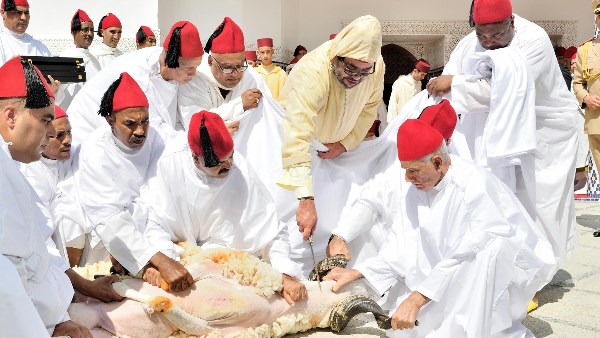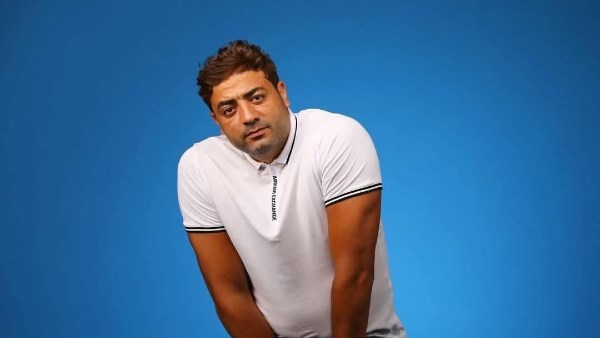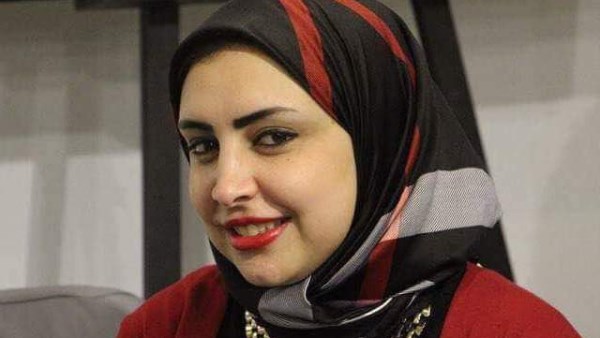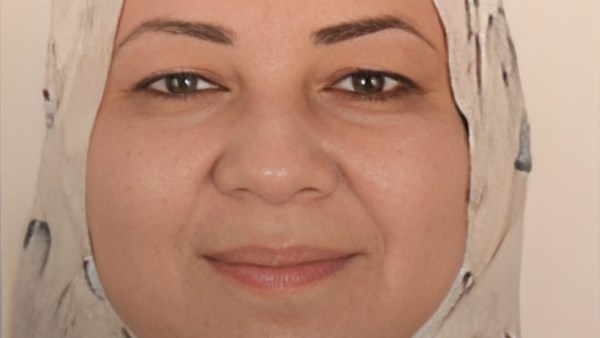Swiss cast ballots in parliamentary elections

People in Switzerland have gone to the polls to elect a new parliament, with the right-wing anti-immigration Swiss People’s Party (SPV) poised to strengthen its position as the country’s dominant political force, according to Press TV, an Iranian news network.
Polling stations, which opened at different times across the central European state on Sunday, will close at noon (1000 GMT), while most Swiss citizens have voted in advance by post or online.
Some 5.2 million Swiss nationals are eligible to take part in the polls, in which 246 seats are up for grabs both in the lower and upper chambers of the legislature.
Experts have predicted a slightly lower participation compared to the 2011 turnout in parliamentary elections, when 49.1 percent of the eligible voters cast their ballots.
According to the latest survey conducted by the gfs.bern polling institute, support for the SVP is expected to rise to 27.9 percent, compared to the 26.6 percent it secured four years ago.
The left-leaning Social Democrats (SP), Switzerland’s second largest party, is also expected to win 19.2 percent of the votes, slightly up from 18.7 percent it received in the previous elections.
The right-wing Liberal Party (FDP) is set to secure 16.7 percent of the votes, up from 15.1 percent recorded in the 2011 polls.
Meanwhile, 48 percent of those polled in the gfs.bern survey said that migration was the most important issue facing Switzerland.
The country is among the destinations for refugees, most of whom are fleeing conflict-hit zones in Africa and the Middle East.
Switzerland’s new parliament will reportedly face the issue of implementing a narrowly-adopted 2014 referendum, urging immigration caps on all foreigners, including those from the European Union.
The result of the referendum forced the Swiss government to take up the task of revising its treaties with the 28-nation bloc, resulting in strained relations with Brussels.





















